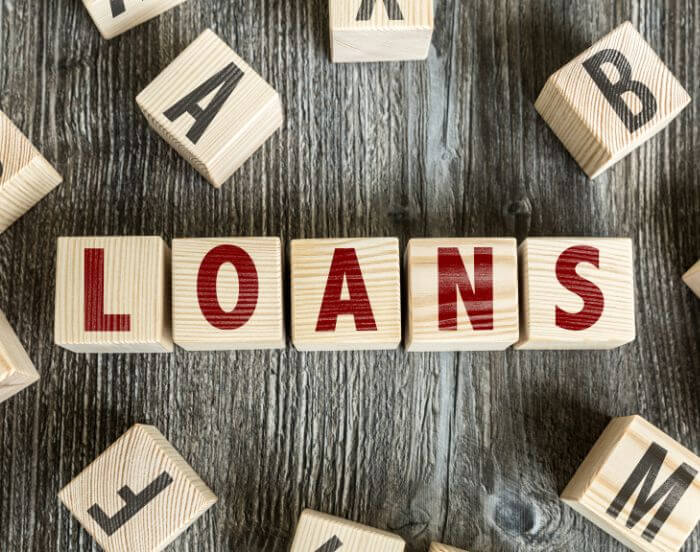DSCR loans, also known as debt service coverage (DSCR) ratio loans, are a type of mortgage specifically designed for real estate investors.
These loans are based on the borrower’s ability to generate enough gross rental income to cover the DSCR mortgage and other debt obligations.
The purpose of DSCR loans is to provide a financing option for real estate investors who may not qualify for traditional loans based on their personal income or credit score.
Instead, the best DSCR loans focus on the property’s income-producing potential and its ability to generate positive cash flow.
This makes DSCR loans popular for those looking to purchase or refinance an investment property, such as a rental property or a commercial building.

Debt Service Coverage Ratio (DSCR) Loan Requirements
The eligibility for a DSCR loan in Pennsylvania is based on the debt service coverage ratio (DSCR ratio), which compares the property’s net operating income to the total debt service. A DSCR of at least 1.15 is generally required to qualify for the loan.
In addition to the debt service coverage ratio, lenders consider other factors like rental income, credit score and personal income of the borrower, property value, loan amount, and loan terms.
Borrowers with lower credit scores may need additional documentation to verify their ability to pay.
Lenders also consider the property’s condition, market conditions, and the borrower’s experience in the real estate market. Seasoned real estate investors have an easier time qualifying for DSCR loans.

DSCR Loan Interest Rates and Pros and Cons
Debt service coverage ratio loan interest rates can vary depending on the lender and the specific terms of the loan.
However, they are generally higher than conventional loans because they are considered a higher risk for the lender.
The average interest rate for a DSCR loan can range from 7% to 12%, compared to the current average interest rate for a 30-year fixed-rate mortgage of around 3%.
Despite the higher interest DSCR loan rates, they have several pros for real estate investors. Here are some DSCR loan pros and cons that you might want to consider.
Pros of DSCR Loans for Real Estate Investors
- The loan is based on the property’s income, which means that even if the borrower has poor credit, they may still be able to qualify for the loan if the property generates enough income.
- It can be a good option for investors looking to purchase income-generating properties, such as rental properties or commercial buildings.
- DSCR loans may have more flexible terms than traditional loans, such as longer repayment terms or interest-only payments, allowing better cash flow.

Cons of DSCR Loans
- Although they will have greater cash flow throughout the duration of the loan, the borrower may have to put more money down as a down payment, as the lender will want to ensure that the property generates enough income to cover the loan payments.
- A loan may be more expensive, as the lender will likely charge a higher interest rate to compensate for the higher risk.
- The property’s income must be stable and reliable; otherwise, the borrower may have difficulty making loan payments.
DSCR Loan Vs. Conventional Loan
DSCR loans and conventional loans are both options for financing an investment property, but they have some key differences.
Additionally, DSCR loans typically have higher rates than conventional loans, but the lower credit score requirements can offset the higher rates.
Both options have their own pros and cons, and borrowers should consider their own needs and financial situation before choosing one.

Why Do Investors Care about DSCR Loans?
DSCR mortgage loan is significant to investors because it provides a financing option based on the property’s income-producing potential, has lower credit score requirements, lower monthly payments, and can lower down payment requirements.
This makes it easier for investors to purchase or refinance investment properties like rental homes or commercial buildings.
They are more accessible to those who may not qualify for traditional investment property loans.

In DSCR Investor Loans, What Does “Net Operating Income” Mean?
Net Operating Income (NOI) is a metric used to evaluate a property’s profitability.
It is calculated by taking the total monthly rental income generated by the property and subtracting all operating expenses, such as property management fees, maintenance costs, insurance, taxes, and utilities.
Lenders use NOI to determine the ability of the property to generate enough income to cover the mortgage and any other debt obligations, which is an essential factor in determining the eligibility of DSCR loans.
Final Thoughts
DSCR loans provide a secured overnight financing rate for real estate investors based on the property’s income-producing potential, lower credit score requirements, lower monthly payments, and can have lower down payment requirements.
It’s essential for investors to understand the requirements and benefits of DSCR loans and evaluate the property’s potential income before making a decision.
Net Operating Income (NOI) is a key metric used to assess the property’s profitability and determine the ability of the property to generate enough income to cover the mortgage payments.


